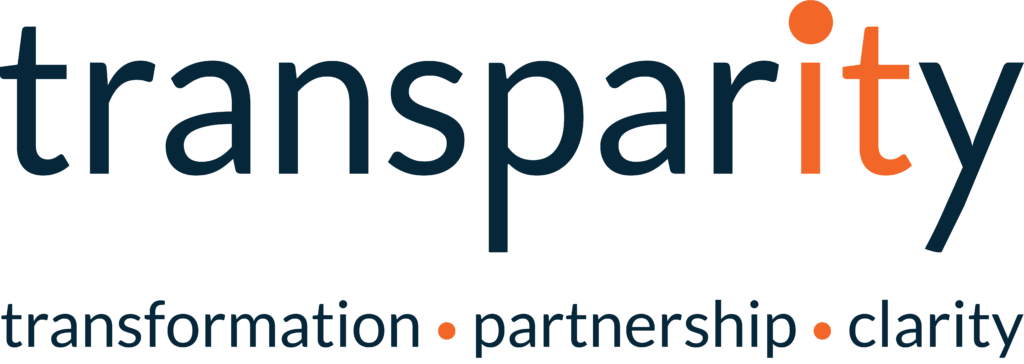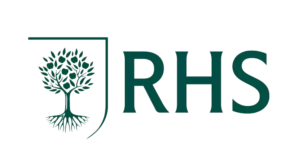Application and Data Integration Services for the RHS
- 2000+
- App Innovation
- Not for Profit
About The Royal Horticultural Society
The Royal Horticultural Society (RHS) is the UK’s leading gardening charity, aiming to enrich everyone’s life through plants, and make the UK a greener and more beautiful place. Founded over 200 years ago, the RHS promotes horticulture through gardens, flower shows, and training for gardeners.
The challenge
The Royal Horticultural Society required a solution for integrating data across their multiple systems in order to achieve several high-value aspirations:
- Achieve efficiency gains by automating manual tasks
- Create actionable intelligence from high-quality data spanning multiple data sources
- Deliver a single view of the customer to boost operational efficiency
- Increase innovation by providing consistent programmatic access to data
- Monetise data via public-facing APIs
- Support the procurement of new software applications that provide function-specific, best in class user experience
The initial focus was on the integration of the Digital Member Sign Up (DMSU) software; to create an API for the platform to use and seamlessly integrate to the current core systems. This needed to be delivered in an extensible way that could be expanded to cover other systems and in a secure, fault-tolerant and supportable way.
The solution
The DMSU project was the organisational driver for initiating the Integration Platform Stage 1 Project. The DMSU project involved converting current paper-based membership sign-ups at RHS gardens to a digital user interface that has two integration dependencies:
- Retrieve reference data to populate lookup and picklist fields on the digital sign up form.
- Capture member sign-up data and submit that data to be stored in RHS systems of record such as the membership management system.
Rather than pursue a single project of massive scope, small, incremental deliveries were preferred. These targeted a specific, near term, value-adding deliverable and each incremental delivery consisted of components that formed the foundation of the longer-term vision.
The implemented architecture was designed with the following non-functional requirements in mind.
- Process and cost of connecting to on-premises data
- Handling of asynchronous calls
- Effort required for implementation
- Architecting for growth and flexibility
- Performance and security
- Ability to support
This Azure Integration Platform implementation addressed the requirements of the DMSU API by implementing a platform that could be used to integrate the RHS application estate.
Azure was used as it provided RHS with the ability to scale the services. The additional benefit of the implementation enabled easy integration of the remainder of the RHS application estate by way of Service Bus queues and subscriber services as well as mapping functions that enabled the creation of a Canonical Service Bus that mapped from the membership management system to the API.
The use of the Master Data Services (MDS) improved the specification of the data to a single golden source for the defined items and allowed for the future integration of data quality tools to ensure that the correct data cascades downstream to other systems, offering a single and consistent view of Customer data.
The choice of standard Azure services was made to make a careful balance between the existing skills of the RHS teams in C# and the Serverless technologies used. This helped to ensure that there is familiarity with the techniques used and re-use of existing code that can be scaled, security implemented and error handling to assist in live debugging.
During the implementation, our development team undertook “show and tell” sessions to preview the implemented code with the RHS team to ensure that there was familiarity with the Integration Platform implementation.
The outcome
The system is live, operational and successfully integrating the tablet-based sign-up with the RHS Core systems. The integration platform solved the technical requirements in an enterprise-grade, fault-tolerant manner and in doing so, improved the operational processes relating to member sign up.
Another objective was for the system to be handed over to the RHS development team for future changes. Knowledge sharing was carried out to enable this and now RHS are successfully managing and extending the system themselves.
“The Royal Horticultural Society’s objective was to create a cloud-based integration platform to leverage data across the organization and integrate IT systems. Transparity worked with RHS to design and deliver the RHS Integration platform that underpins our first application using Microsoft Azure. The Digital Membership App has been a great success for the RHS, eliminating paper forms and moving to a native digital solution. Transparity delivered a quality solution that was built on time and within budget. The best practice solution was clearly documented and the internal development team fully trained for ongoing support and maintenance. Transparity was a great partner and we would actively seek their participation in future projects.”
Development Manager - RHS


